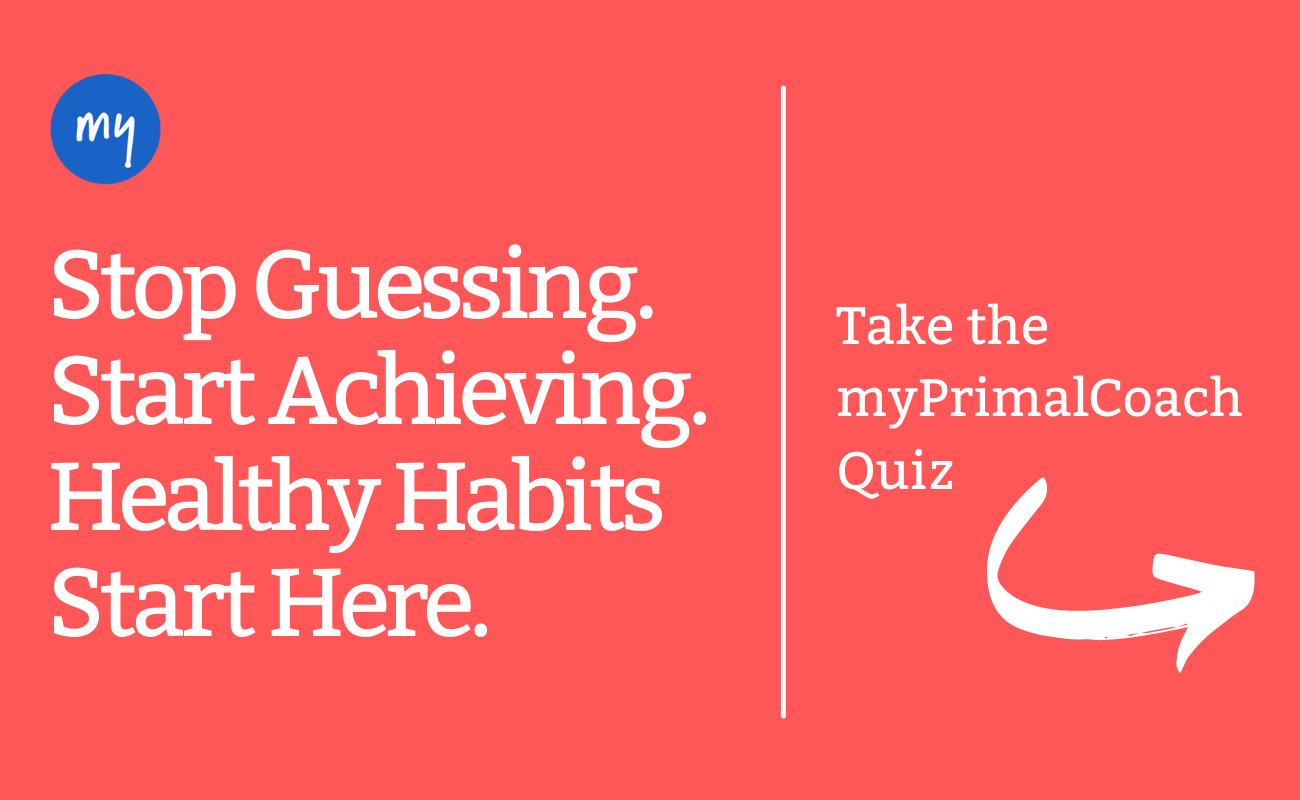From Tabata to microworkouts, and the fact that everyone on the planet seems to busier be than ever, the trend in shorter workouts is gaining popularity – and it’s no surprise given all the benefits of intermittent exercise.
If you’re used to counting steps, tracking macros, and calculating calories burned, the idea that doing less exercise can be more beneficial than doing more can be a tough premise to comprehend. But according to the latest science (and really, anyone who’s forced themselves to endure a long, boring treadmill session), there are plenty of reasons to start swapping out your hour + exercise routine right now.

8 Reasons Why Short Workouts Are Best
1. You’ll Get Results Faster.
Recent studies show that shorter, interval-based workouts can improve your fitness level in as little as two weeks. Plus, they give you the same cardiovascular benefits as steady state cardio in half the time.
2. You’ll Burn More Fat.
Shorter workouts can also improve your body’s fat-burning potential. The participants in this study torched an average of 15 calories per minute. Nearly twice that of the calories burned during a long run.
3. You’ll Keep Blood Sugar Balanced.
Doing as little as four minutes of High Intensity Interval Training (HIIT) three times per week can significantly improve blood sugar levels. It can also improve cardiorespiratory fitness in adults with type 2 diabetes.
4. You Won’t Be Ravenous.
After a long workout, you’re more apt to feel famished due to all the energy expended during exercise. Plus, a lot of people automatically go into “I deserve this” or reward mode, which can cause overeating – and not usually on healthy stuff. The body responds to shorter sessions differently. Instead of being ravenous, research proves that your appetite becomes suppressed due to the reduction of the appetite-stimulating hormone, ghrelin.
5. You’ll Avoid Injuries, Burnout and Boredom.
Technically, these are three reasons, but they all fall into the same category. When you overdo it (whatever that “it” is) you put yourself at risk of getting sidelined by an injury or feeling so sore that you lose your motivation to work out. Also, hitting the gym for an hour, seven days a week puts you on the fast track to burnout since it’s not sustainable (or fun) for most people. Speaking of fun, this study found that exercisers who switched up their workouts not only prevented them from getting bored, it helped them avoid training plateaus.
6. You’ll Keep Cortisol Low.
The fat storage hormone cortisol, is released anytime you’re under stress. Small amounts of exercise-induced stress are good. But when it becomes chronic (like when you run for an hour every day or lift until you can no longer feel your biceps), it works against you. Continuous exercise at high levels increases cortisol and the production of free radicals by up to 20 times the normal amount. Even long bouts of low intensity exercise burn up the body’s glycogen stores and stimulate cortisol release. Science confirms it too, finding that long-term cortisol exposure is higher in endurance athletes.
7. You’ll Stop Dreading Your Workouts.
It’s hard to get excited about doing the same exercises day in and day out. It’s also hard dragging yourself to the gym if that’s not your thing. With shorter workouts, you might find that you’re actually excited to try something new (and not have to commit a whole hour to it). Plus, the fact that you don’t have to invest a lot of time makes your workouts feel more rewarding.
8. You’ll Ditch Your Excuses.
With shorter workouts, the excuse, “I’m too busy to exercise” doesn’t fly. No matter how full your days are, I guarantee you can carve out a few minutes here and there to work out. Think heel raises while you brush your teeth. Wall sits while you warm up your coffee. Planks in between Netflix episodes. Taking the stairs. You get the idea. And since it’s easier to fit into your schedule, you’ll also find that you’re more likely to stick with it for the long term.
Determining the Right Length Workout
So, how long should you plan on exercising for? Two minutes? Ten minutes? Twenty minutes? According to science, they all work for different reasons. It comes down to your goals, your preferences, and how much time you can consistently dedicate to your fitness routine.
This 2016 study showed that short, one minute bursts of intense exercise within a 10-minute session improved insulin sensitivity as much as a 50-minute workout did.
Try this: Take the stairs instead of the elevator and sprint up one flight.
Researchers proved that 120 seconds of high-intensity exercise could be as good for you as 30 minutes of spinning.
Try this: Do two minutes of jumping jacks, alternating lunges, or burpees – anything that gets your heart rate up.
In this review of 30 different studies, researchers found that working out at a moderate-intensity pace for 20 minutes, three times a week helped stave off depression and prevent cognitive decline.
Try this: Walk briskly for 20 minutes. Cleaning the house, dancing, or doing yard work count too.
Some experts say that it’s best to vary your routine. Opting for shorter, more intense sessions one day, and moderately paced ones the next gives you a variety of mental and physical benefits. Try mixing it up and see what works best for you.
Conclusion
The recent surge in short workouts is no surprise, given that they’re easier on the body, less time consuming, and don’t require expensive gyms or equipment. Research shows that short workouts are as effective as longer sessions too. Everything from improving insulin sensitivity and caloric burn to preventing depression and cognitive decline, plus:
- You’ll Get Results Faster
- You’ll Burn More Fat
- You’ll Keep Blood Sugar Balanced
- You Won’t Be Ravenous
- You’ll Avoid Injuries, Burnout, and Boredom
- You’ll Keep Cortisol Low
- You’ll Stop Dreading Your Workouts
- You’ll Ditch Your Excuses
Whether you opt for a high-intensity two-minute microworkout, a moderately paced twenty-minute session, or a combination of both, you can’t go wrong with moving your body daily. It’s time to start incorporating short workouts into your day.

